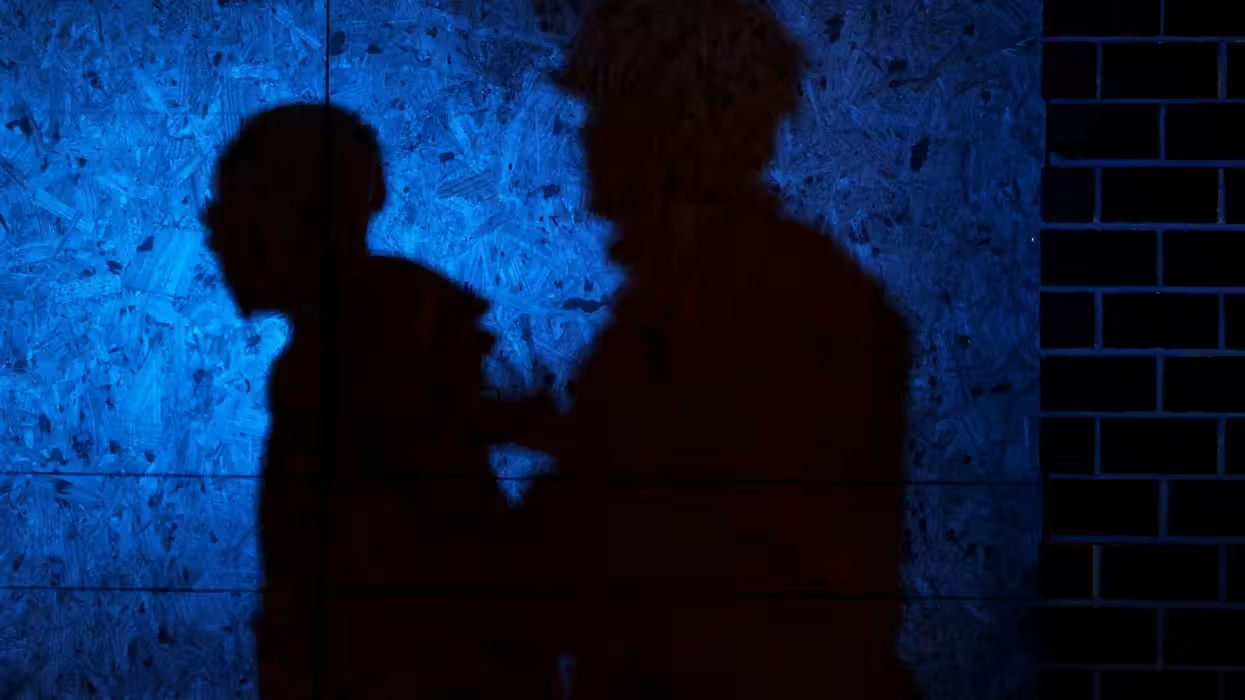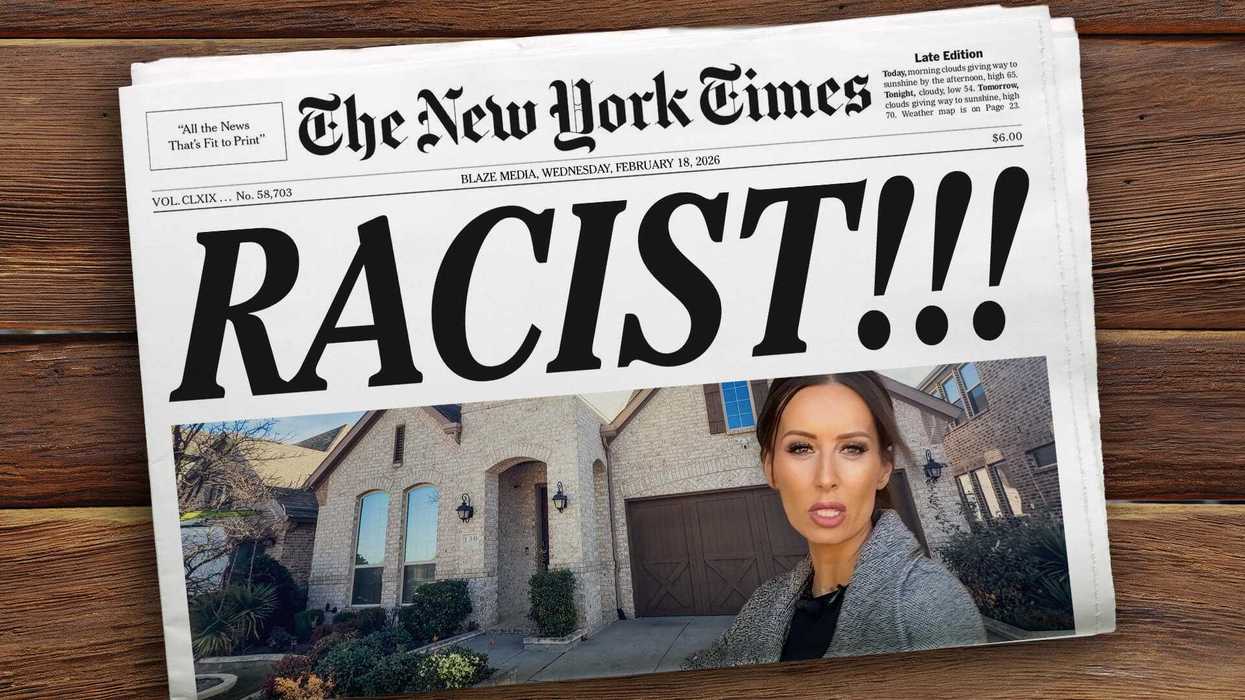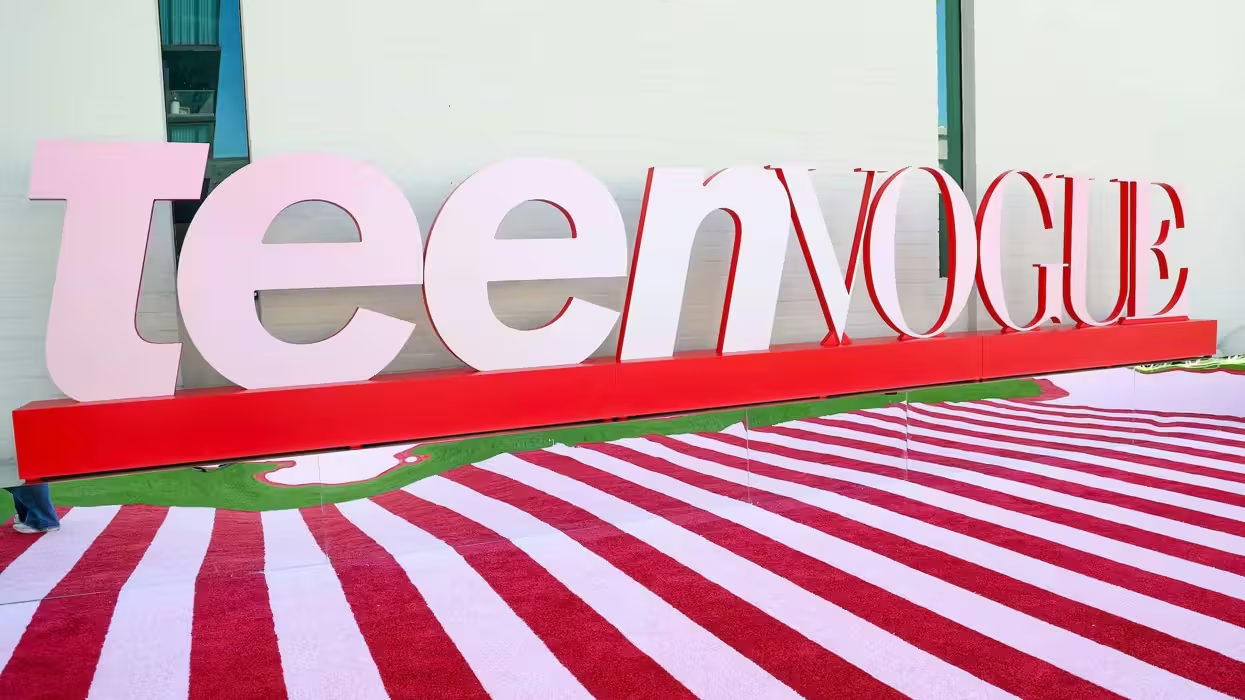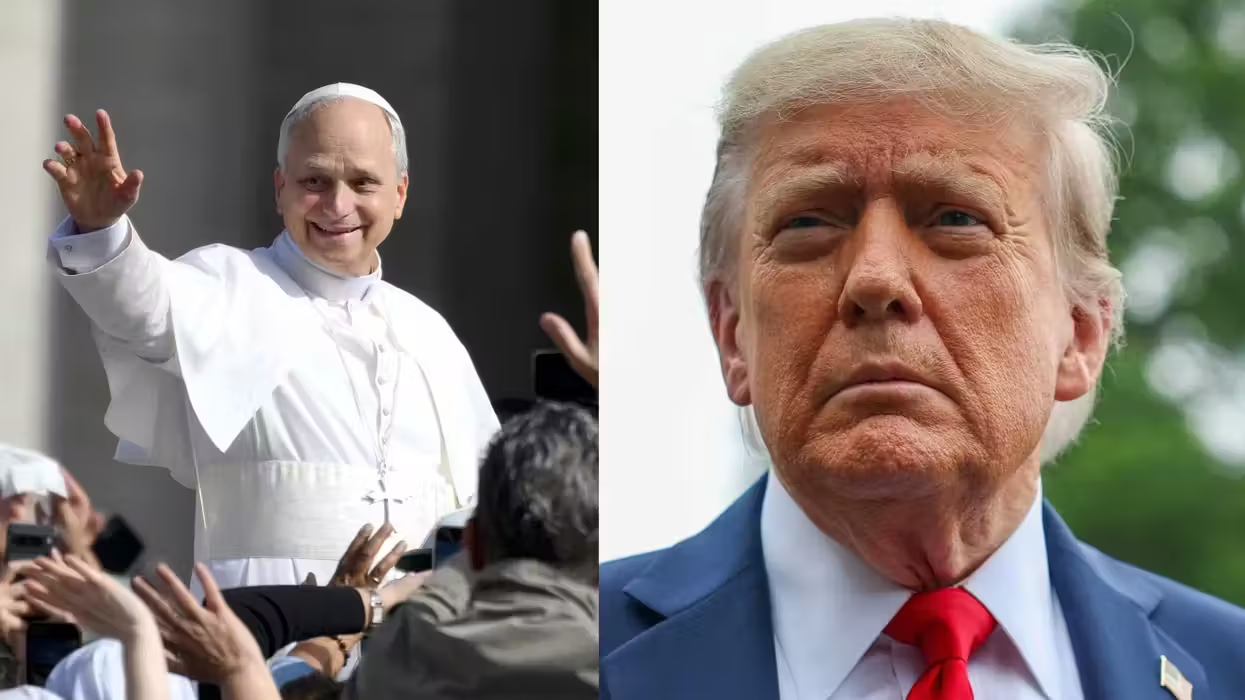
© 2026 Blaze Media LLC. All rights reserved.
"there would be no constitutional bar to criminalizing lying about one’s height, weight, age, or financial status on Match.com . . ."
In 2007, Xavier Alvarez, a California resident, claimed that as a Marine he was awarded the Congressional Medal of Honor -- he lied. He became the first person convicted under the Stolen Valor Act, which was signed into law in 2006. Though he appealed and won on the grounds that the law violated the First Amendment, the Justice Department last Thursday petitioned the Supreme Court uphold the law.
The Supreme Court has yet to announce their decision to hear Justice Department's petition or not.
According to Wired, Alvarez was fined $5,000 and required 416 hours of community service in 2006. When he appealed, the federal appeals court hearing the case ruled the law unconstitutional:
The issue before the justices comes from the San Francisco–based 9th U.S. Circuit Court of Appeals, which ruled if it were to uphold the law, “then there would be no constitutional bar to criminalizing lying about one’s height, weight, age, or financial status on Match.com or Facebook, or falsely representing to one’s mother that one does not smoke, drink alcoholic beverages, is a virgin, or has not exceeded the speed limit while driving on the freeway.”
The Stolen Valor Act makes it unlawful to falsely indicate that one has “to have been awarded any decoration or medal authorized by Congress for the Armed Forces of the United States, any of the service medals or badges awarded to the members of such forces, the ribbon, button, or rosette of any such badge, decoration, or medal, or any colorable imitation of such item.”
The Justice Department is seeking for Alarez's prosecution by the Supreme Court upholding the law because when Congress adopted the law it said falsifying these honors "damages the reputation and meaning of such decorations and medals." Wired also reported that the Justice Department said "the speech fits into the 'narrowly limited' classes of speech, such as defamation, that is historically unprotected by the First Amendment."
Want to leave a tip?
We answer to you. Help keep our content free of advertisers and big tech censorship by leaving a tip today.
Want to join the conversation?
Already a subscriber?
more stories
Sign up for the Blaze newsletter
By signing up, you agree to our Privacy Policy and Terms of Use, and agree to receive content that may sometimes include advertisements. You may opt out at any time.
Related Content
© 2026 Blaze Media LLC. All rights reserved.
Get the stories that matter most delivered directly to your inbox.
By signing up, you agree to our Privacy Policy and Terms of Use, and agree to receive content that may sometimes include advertisements. You may opt out at any time.







